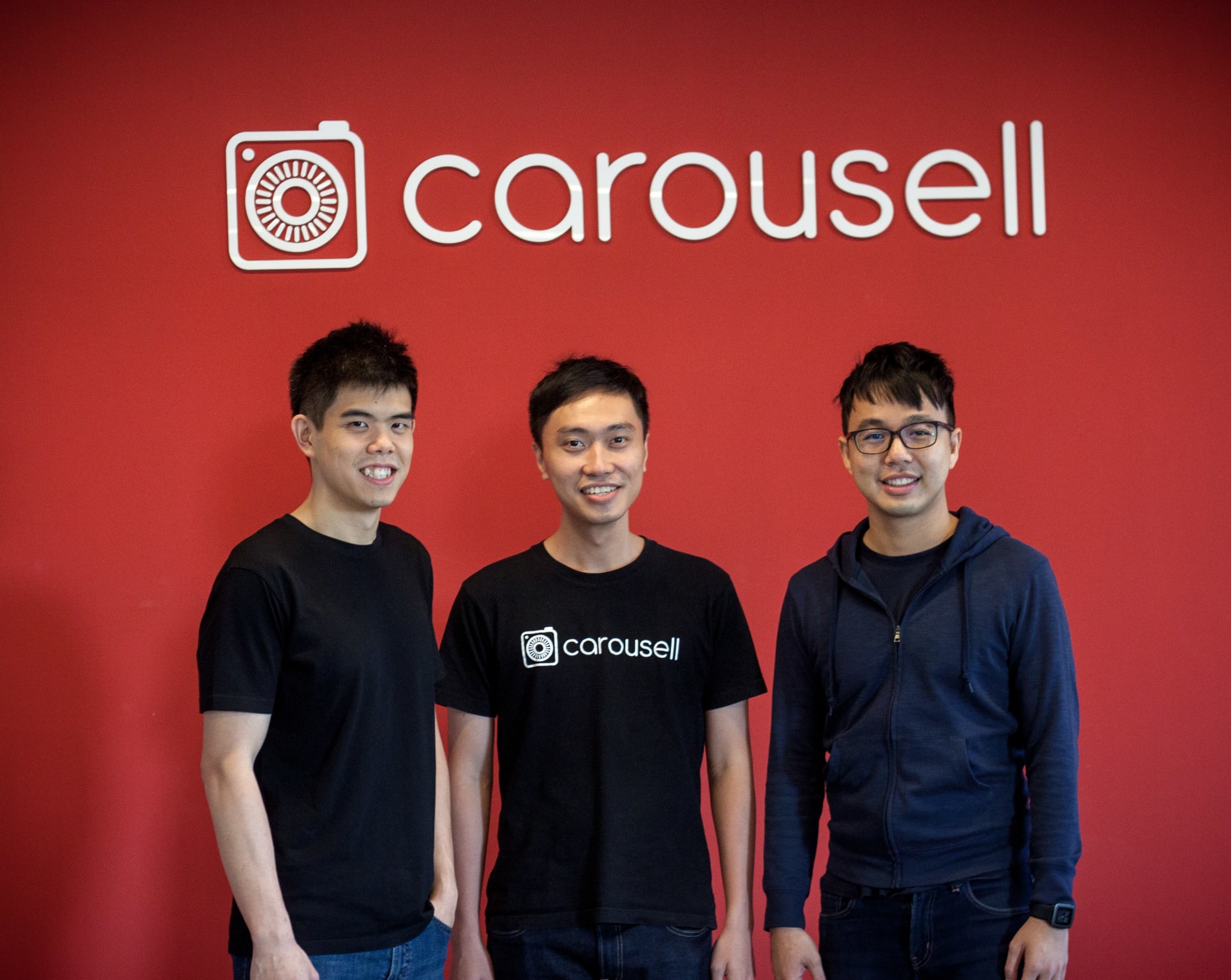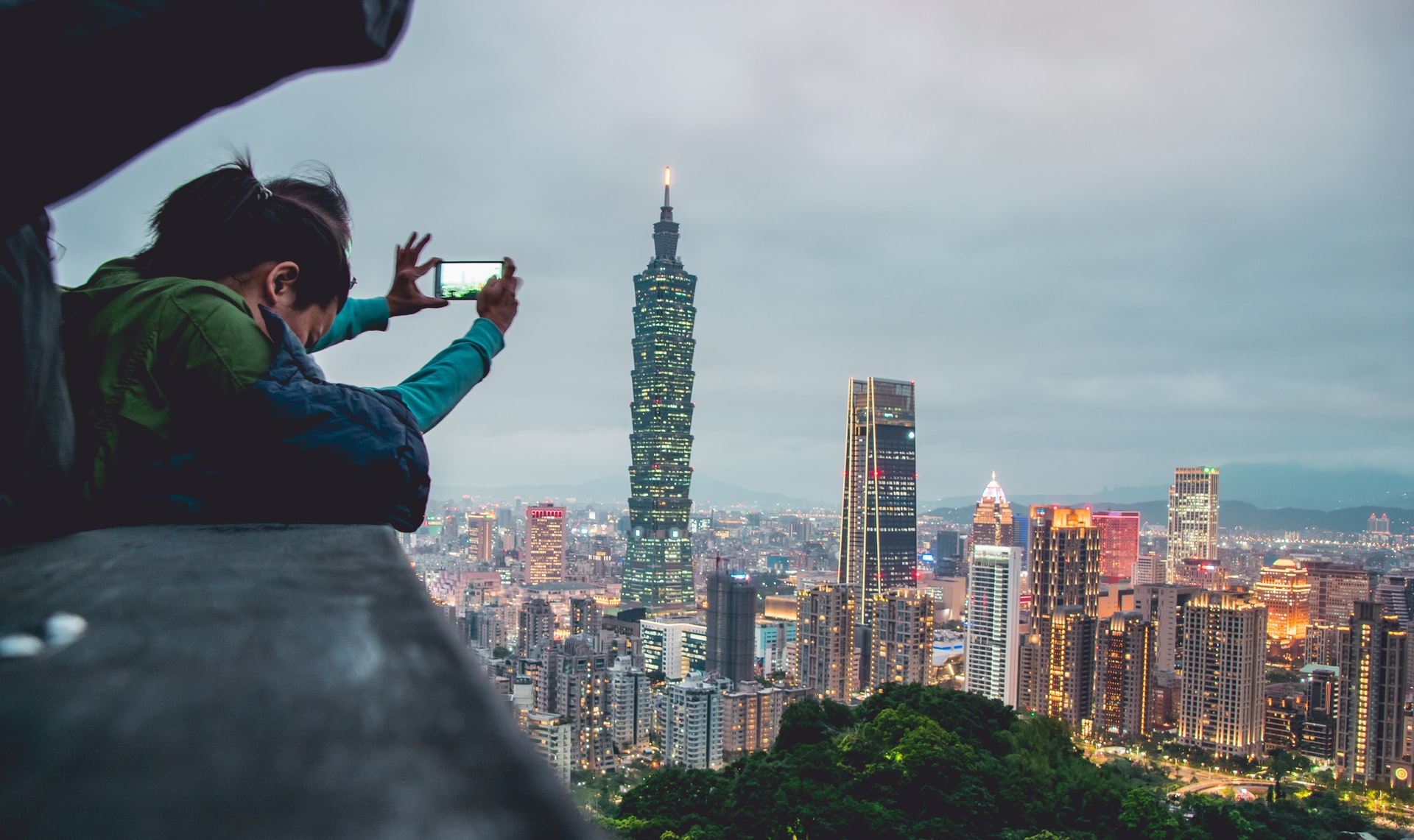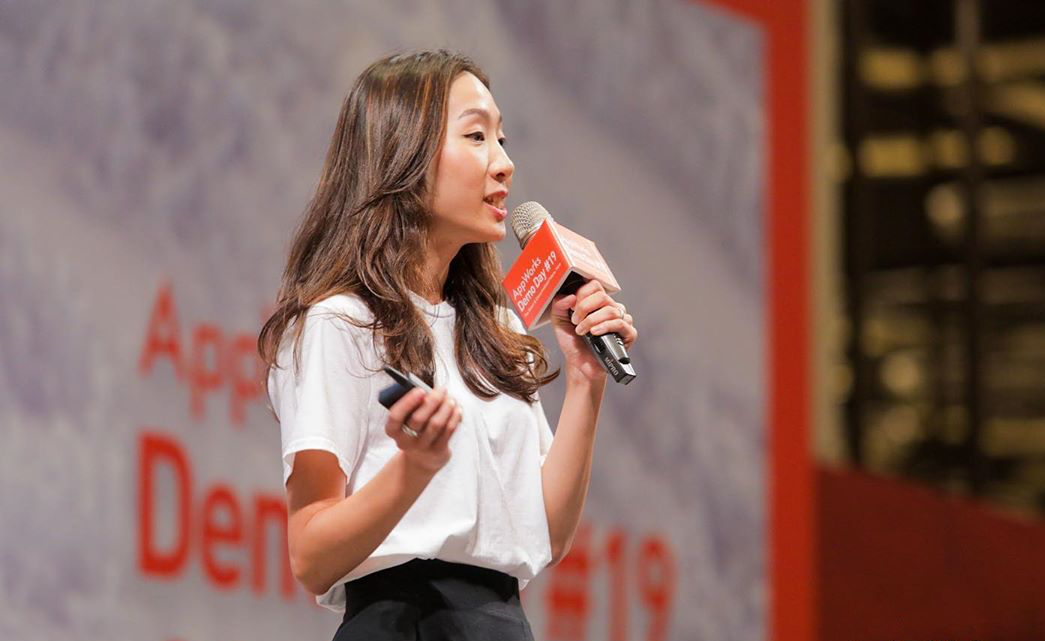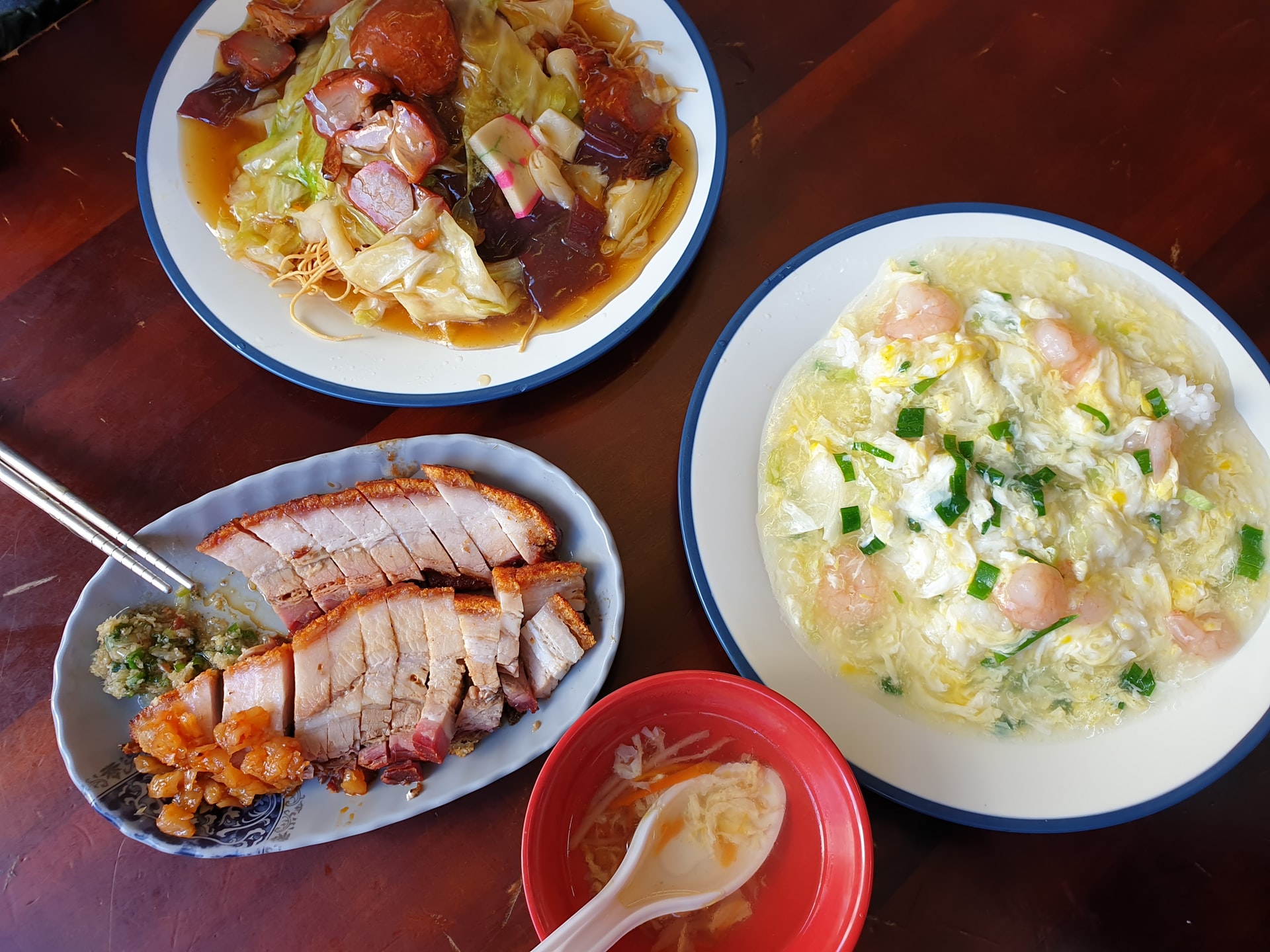Amid all the Covid–19 chaos, we have evidence to show that Taiwan can be a country from which Southeast Asia’s founders can re-launch and grow when they are ready.
Taiwan possesses an e-economy that is not only well-versed in tech usage, but as the largest e-economy in the region, at US$42 billion per year, it has not slowed down significantly during this pandemic. Startup founders have worked with government officials to take an already planned-for mitigation strategy and accentuate it with tech. From the installation of vending machines that distribute face masks, to an unprecedented tracing technology through mobile and GPS coordinates, Taiwan has stayed ahead of the pandemic curve.
In terms of infection rates, the island has to-date had the fewest virus cases. While nowhere has been left unscathed by the economic impact, economists still project Taiwan to reach 2 to 2.37% in GDP growth this year, though this has been bolstered by a US$3.3 billion injection in main business infrastructure to support the economy.
Taiwan as a launchpad
All that means smart founders who still have their eyes on expanding through Southeast Asia should consider the island as their starting point when this horrifying pandemic eases. Taiwan will clearly be among the first countries for startup founders to turn for growth and learning when it becomes possible to move freely around the continent again.
As we at AppWorks wrote last year, Southeast Asian entrepreneurs have long landed on the island to use it as a key market for expansion and leveraging engineering resources.
Companies originally from Singapore – Shopback, social streaming company M17, and the ecommerce unicorn Carousell – have established engineering and R&D teams in Taipei.

Companies like AI-driven consumer analytics company Tagtoo and Hong Kong-based Omnichat, whose founders participated in the AppWorks accelerator, gained much of their traction by leveraging the Taiwan ecosystem.
Taiwan’s Mooimom, purveyor of maternity goods, has used local engineering talent and experience in digital commerce to grow in Indonesia’s ecommerce industry.
All of these companies have used the microcosm of the AppWorks Accelerator and the macro-economy of Taiwan to gain a foothold and expand, through either direct or indirect experience in the semi-annual sessions devoted to blockchain and AI and the community.
The accelerator and its network offers three critical sets of resources that make Taiwan a strong tech hub for the Southeast Asia region:
- A community of peers and experts who can answer questions and give support, while providing opportunities for hiring, funding, and partnerships.
- Mentorship from seasoned public company executives who launched their own companies over the past 10–20 years.
- Resources like software and access to supply chain that make entry into a local market easier.
Community as an accelerant
For young founders, a community is a lifeline to growth. In the AppWorks network, 376 operating startups and the 1,113 founders who run them have proven vital for any founder that is trying to solve a hard problem, grow at scale, make acquisitions of talent, or find funding.

Sometimes this network and community is in-person, but it can also be virtual, as it has been so especially during the Covid crisis. To accommodate founders who are not able to travel to Taiwan and to enable connection among founders who continue to build during this time, the accelerator team holds virtual office hours and online seminars via Zoom on a regular basis.
The types of founders in this network give some insight into what kind of knowledge network is at hand during these virtual calls and virtual meetups. In many cases, former accelerator teams have reached a point where they have started to grow and are raising money to fuel expansion. Their insights can provide valuable feedback for other founders who want to go down the same path.
Some of these former accelerator teams include: WeMo, Taiwan’s first shared escooters startup, helmed by Jeffrey Wu; Voicetube, the largest language edutech startup in Taiwan, which recently raised a US$3.5 million A round; Novelship , a Singaporean team that raised a US$2 million seed round; and Booqed, a Hong Kong outfit that has raised a US$1.7 million round.
There are also peers who have made the journey of an acquisition. Kevin Chan of Line Taxi started his company as a challenge against a fast-scaling but wayward Uber rival, which didn’t seem to have grasped the dynamics of the local market. After a few years of development, Japan’s Line acquired them. Chan mentors the community in private and public events around Taipei.
Omnichat’s creators, Allan Chan and Lewis Pong, have found that connections to peers who are at this level have been key to their learning. They started in Hong Kong with their ecommerce marketing startup and then came to Taiwan to join the accelerator and build out the market here.
Three years after graduation, they have secured Taiwanese companies as clients at a scale larger than those they have in Hong Kong. Chan and Pong recently raised a US$800,000 seed round for further expansion, which will help them launch in Malaysia and Singapore in 2021.
They have found the virtual and in-person connectedness with their peers have put them in a good place for continuing to build. “If we have any kind of question, we can just send a Facebook message and a lot of people will help us,” says Allan. “That’s amazing.”
Peggy Cheung, a Hong Kong founder who established photographers marketplace KaChick has firsthand experience with this. She came to Taiwan last year and says that the experiences with her mentor, Ming Chen from travel startup KKday, have focused her development efforts.

“My mentor sometimes sees what I can’t see in myself and gives me the courage to be bold,” she says. “In some cases our discussions saved me time from dwelling into unimportant matters or walking towards directions that make little sense.”
Resources for newcomers
Having this kind of human support makes it easier for founders to extract value and make important connections with the macroeconomics of the country. AppWorks alumnus Andrew Jiang, founder of hardware-as-a-service venture builder Soda Labs, came to Taiwan from Silicon Valley.
To build out his startup, he partnered with tech giant Foxconn and hired local engineers. These AppWorks Accelerator-fostered connections solved critical problems in Jiang’s mission.
“We believe hardware-as-a-Service is a massively undervalued opportunity. Engineers in Taiwan are the most experienced in the world,” he says. “We partner with Foxconn, which has an extensive footprint in Taiwan. When you show up in person, you get 10 times the time and 10 times the attention that you are able to get via WeChat or a video conference. It is also significantly easier to get agreement when you can build real relationships with your OEM,” says Jiang.

Separate from the AppWorks offering, the Taiwanese government itself makes it easier for founders to get established on the island. Recently, it built out a new initiative called Startup Island, geared to help international founders explore Taiwan as a launching pad. Though the pandemic has put a freeze on new visa issuance temporarily, the government makes it possible for entrepreneurs to apply for an “Entrepreneurs Visa.”
In December, Taiwan’s National Development Fund – worth over US$18 billion – announced that it is primed to make investments of at least US$180 million in the next few quarters, largely in blockchain and AI.
The next steps
Before the arrival of the new virus, it was estimated that the economies of Greater Southeast Asia (ASEAN plus Taiwan) would generate US$300 billion in e-economy business by 2025.
While many economies around Southeast Asia find themselves grappling with precipitous falls in GDP, with many eyeing security strategies that will seal off their borders and preserve resources for their citizens indefinitely, Taiwan will remain a willing partner to Southeast Asian founders seeking to find a foothold here.
We expect that when life returns to what will likely be a new form of normal, the nation and our accelerator will be open, and willing, to help founders from all around the region.
AppWorks will launch applications for its accelerator for blockchain and AI startups from Southeast Asia in May. You can track this page for future announcements.
Douglas Crets spent three years in Silicon Valley in Microsoft’s startup investment and resources division before joining AppWorks in Taiwan, where he manages the team’s external communications and media strategies. He is a founder of a travel and education startup and currently splits his time between Hong Kong and Taipei.

